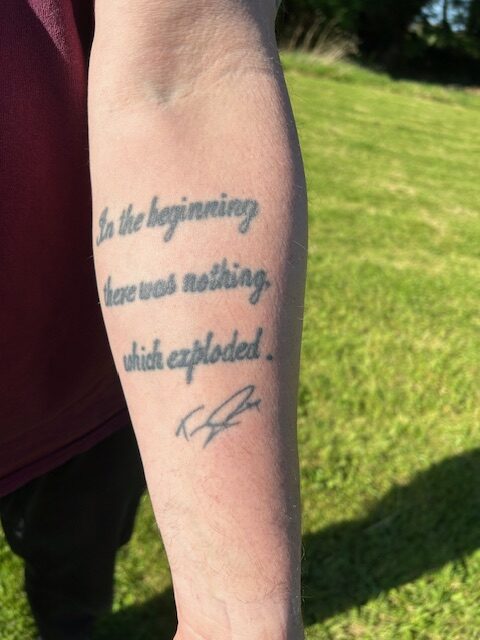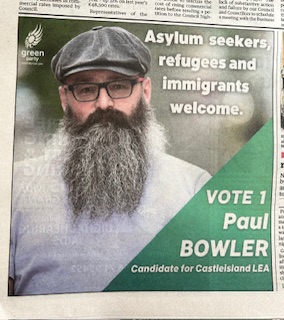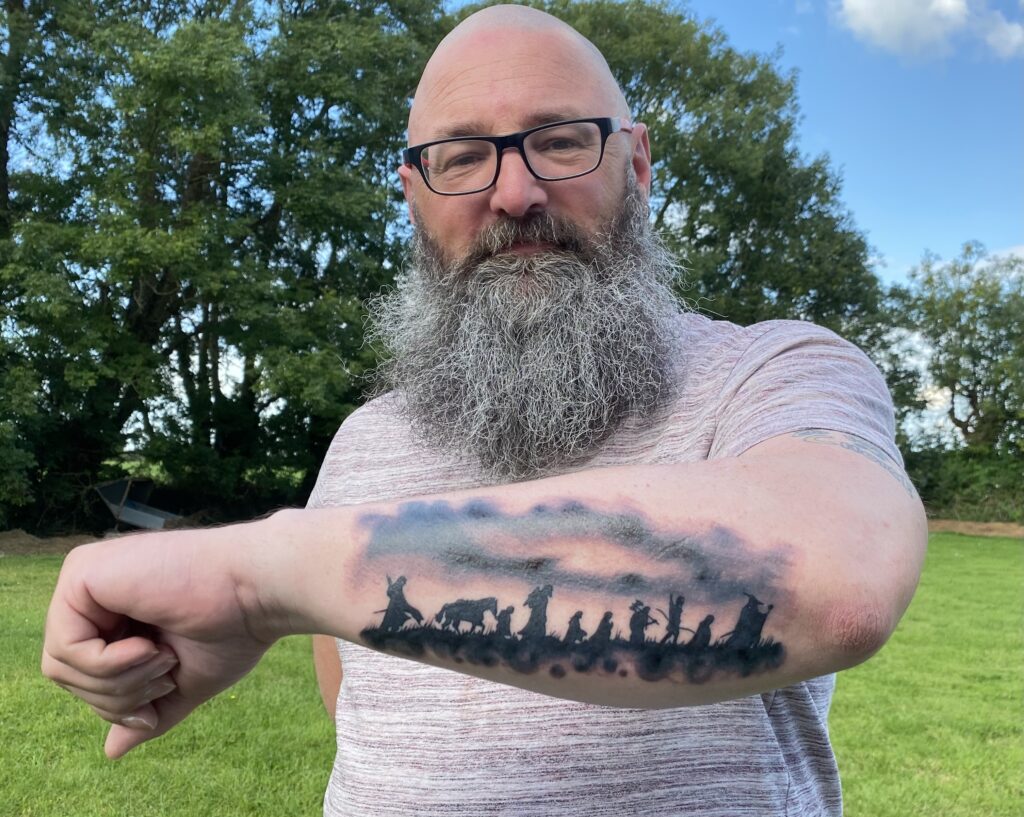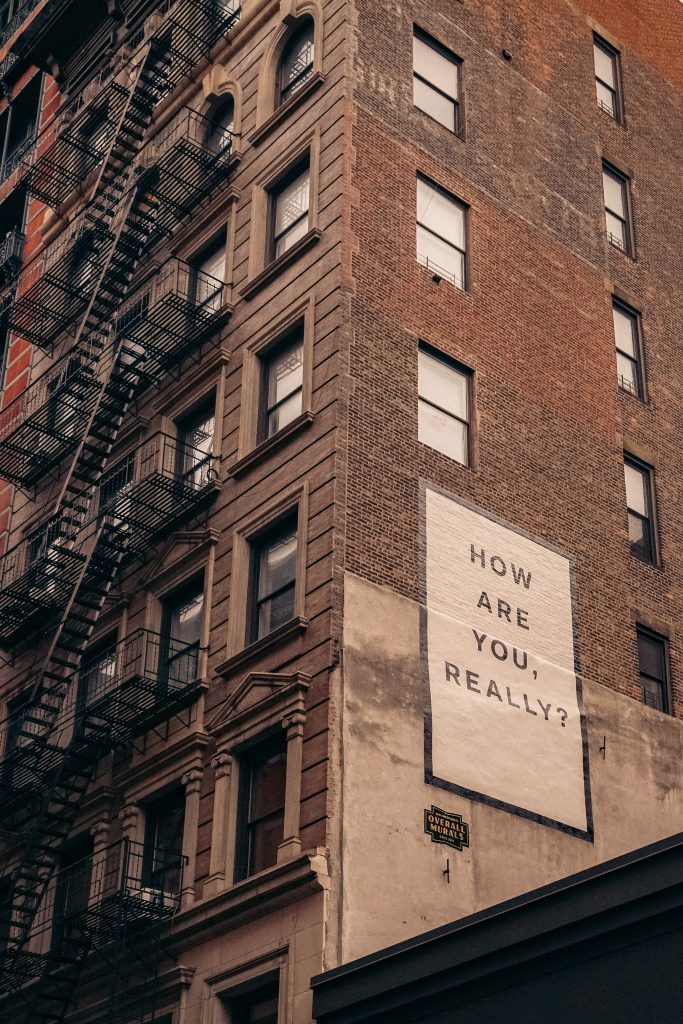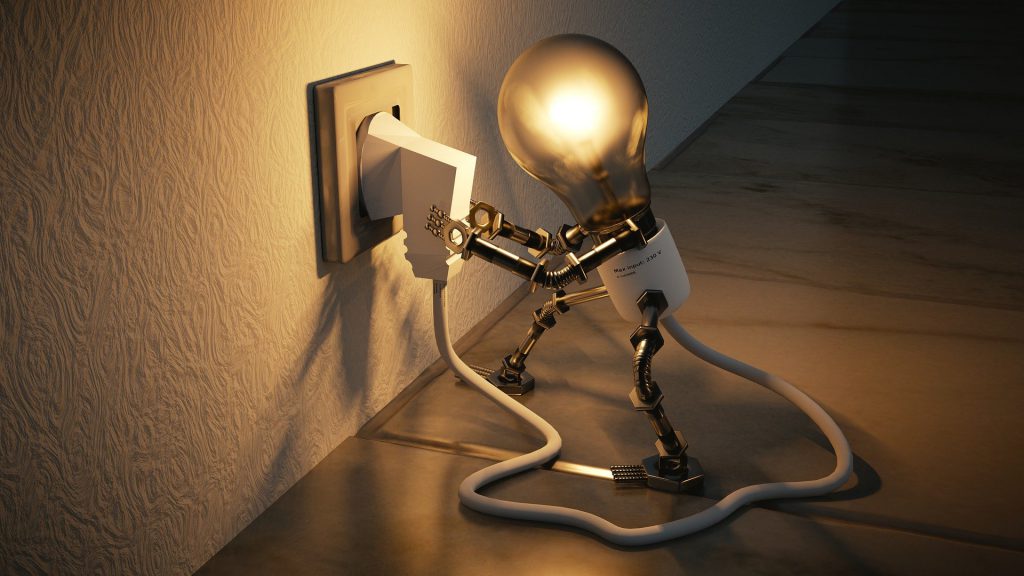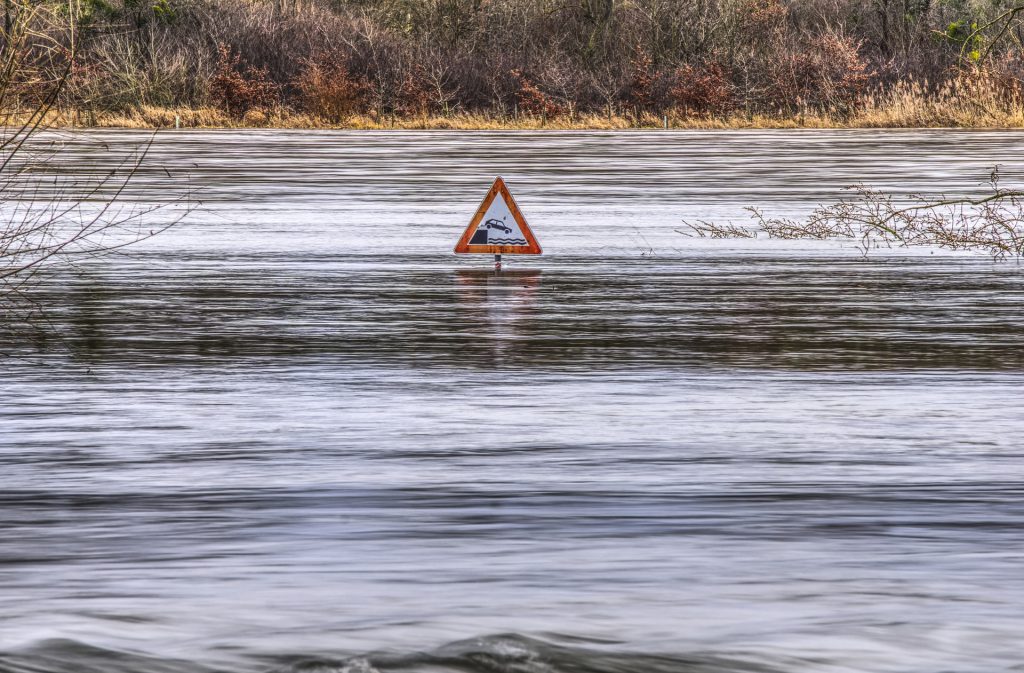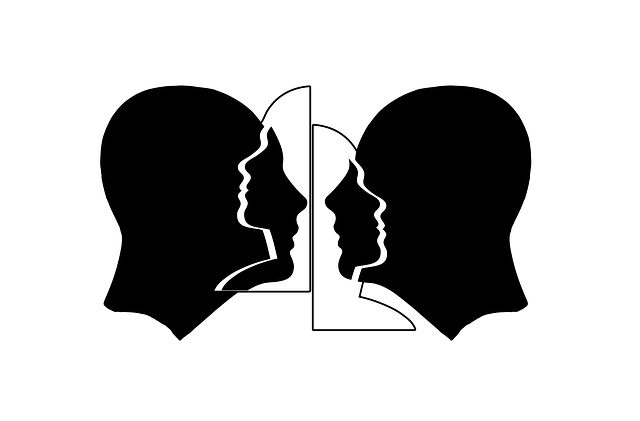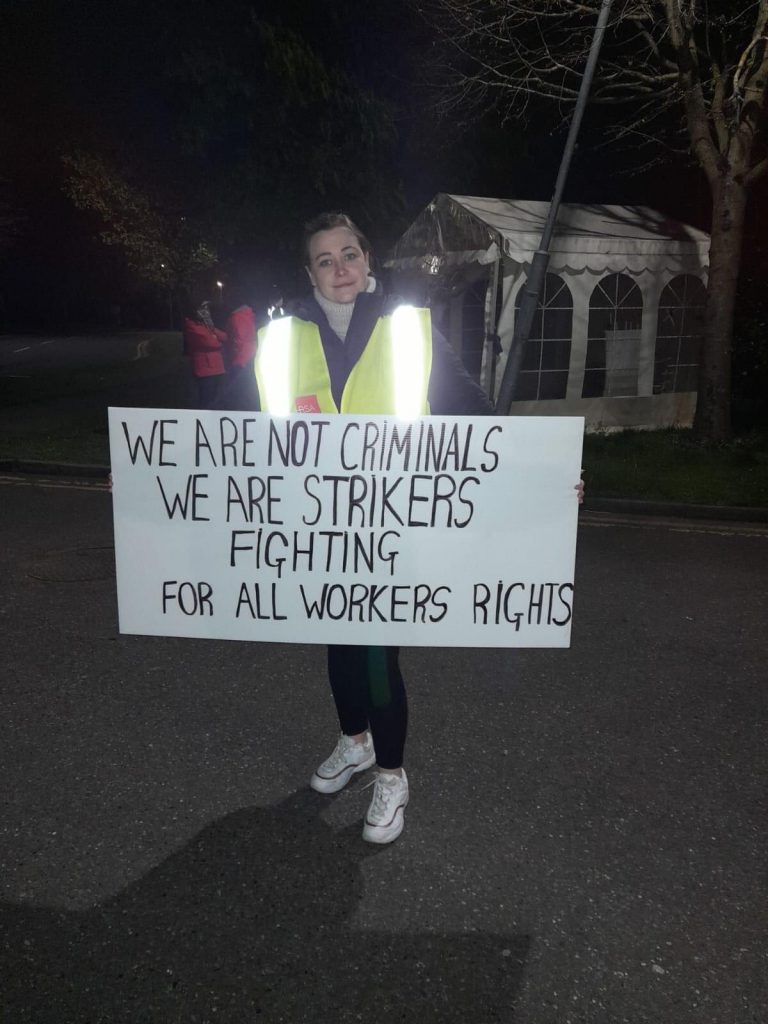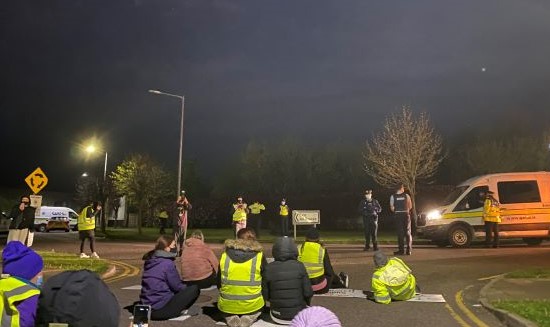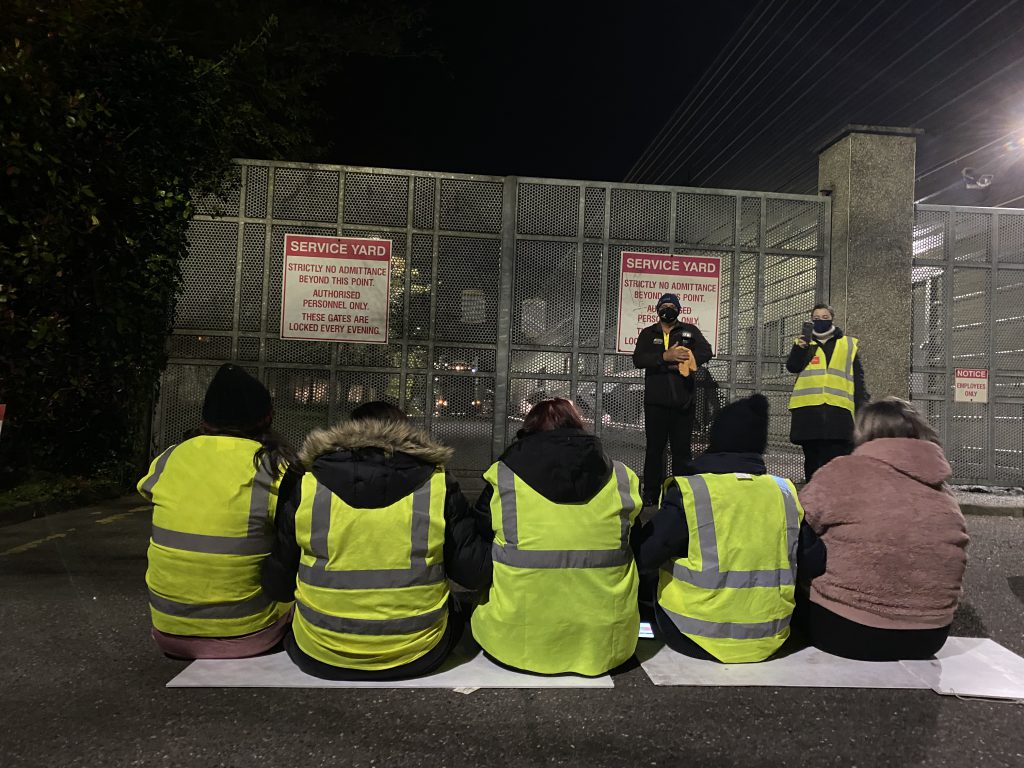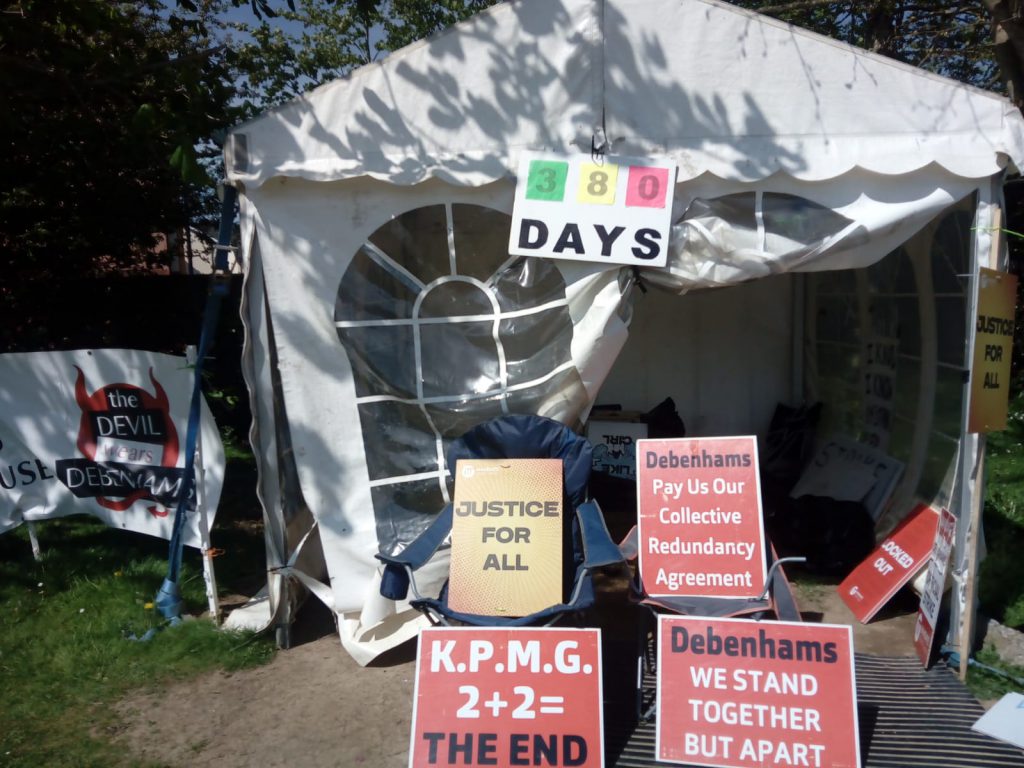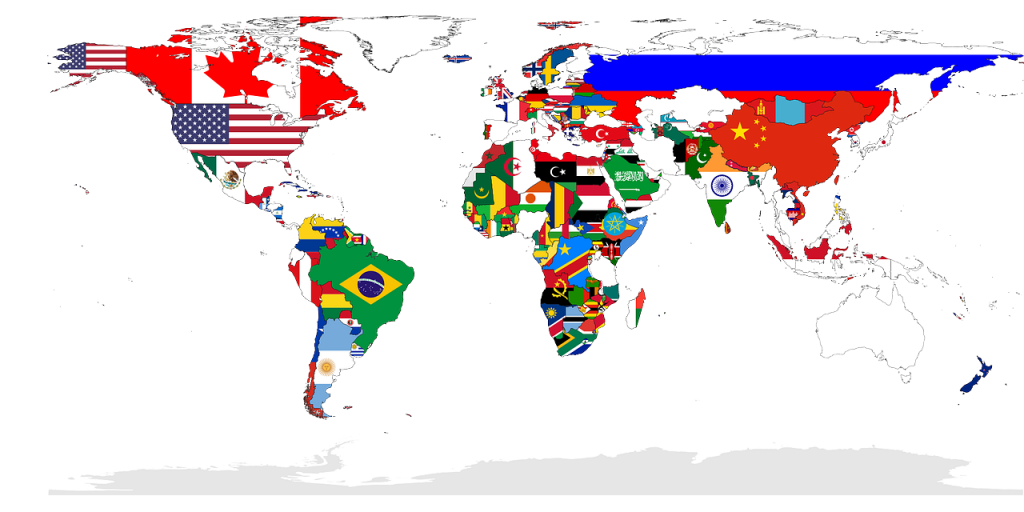The thing about being a straight white
man is, we don’t do feeling powerless. Even watching sport, played on the other
side of the planet, we know we are contributing to the result with our roars,
our oaths and our superstitions. This is a world designed for us, by us. It’s
our world so not succeeding feels catastrophic. Any perceived erosion of our
increasingly precarious position feels catastrophic. A lot of white men are
nursing those grievances right now. A lot of those white men are angry.
And a lot of them have decided to blame anyone who isn’t a straight white
man.
I’m a straight white man. I’m from a
working class background. My education is mediocre. And I have a job rather
than a career. But I’m not angry. And I certainly don’t blame any one who isn’t
a straight white man for my place in the world. And that interests me. I write
blog posts to better understand me. I want to know why I’m not bitter and
twisted like so many people who look like me. Why don’t I fear and hate people
of colour, when that is now a popular pastime for white men of my socioeconomic
strata.
I don’t consider myself racist. But I
have such limited experience with people of colour that I do not know what
lurks beneath my liberal facade. I grew up in one of the whitest environments
on the planet. Only in the last decade or so has this begun to change. I now,
occasionally, work with people of colour. Every week, I play football with
people of colour. My favourite places to eat are run by Asians. As my parents
get older, I increasingly interact with medical professionals from around the
world. And every encounter remains a novelty. I am living in a multicultural
and multiracial world, but this only happened yesterday.
It remains a novelty. An aberration.
Intellectually I recognise this as the new normal but as a middle-aged white
man I still feel, wow. This is different. Not in Kansas anymore. How did this
happen? It was only yesterday…
To be honest, I love it. Yet I’m discomforted
by how aware I am of every encounter as being new and different. This Ireland,
this growing diversity, this break from the appalling and oppressive
monoculture of my youth and young adulthood is a breath of fresh air. And as I
struggle to shrug off the novelty, part of me wants to hold on to some of it
because I fear forgetting what it was once like in my world. The smallness. The
lack of hope and imagination. The narrowness of our horizons.
But why have I not succumbed to the
anger and hate being stoked in my name? All I can think of is my mother. She’s
English. Proud English. Family of military service kind of proud. Growing up in
the 80s, in rural Kerry, that was confusing. The anti-English rhetoric was as
incessant as it was lacking in subtlety. But there was my mom. My
grandparents, uncles, aunts and cousins, none of whom could visit, because it
wasn’t safe for them to do so. But we visited them. They never struck me as
being devils incarnate.
One really has to question a national
identity when it demonises one of your parents. My experience of Irish
national identity, growing up, was one of utter smallness. It was a thing of
failure and emigration. And I hated it. I was softer on English nationalism
because, you know, my mom. And I hadn’t done the reading. That came
later.
When I did the reading, my oh my, that
was a bucket of ice water dunked on my head. That made two national identities
not worth a damn to me. It was then understandable for me to ask, what the hell
are national identities for in the first place and are they all bullshit?
National identities are taught in schools. It’s official title is history, but
it’s really just identity. And every nation does it. They are carefully
curated. There is some subtlety added in the universities, for those who go to
university and study the history they’ll teach to the next generation. But the
same national identity will be taught.
As mentioned, my education is somewhat
mediocre. Yet there is no great mystery to nationalism or national identity.
One doesn’t even have to reach back that far into history to discover the
creation of nationalism and see its institutionalisation. It is, like
most things that occupy the human mind, entirely made up. It, like religions,
was invented to meet an immediate need. In this instance, how does one make law
if a god, through an anointed king, isn’t available to lend legitimacy. The
people. Ein volke. The ‘people’ was invented. Of course, people meant
propertied white men. Though sometimes even unpropertied white men were
included.
But inventing the people meant there
had to be a them and us. This whole thing proved quite controversial. Taking
gods and kings out of the power equation was not simply going to be
nodded through. France, where this notion got its first full airing, was
invaded by every other empire in Europe. Think on that. France was attacked by
all the most powerful empires in existence. And France almost won.
It turns out that a man will fight a
lot harder for a flag (oh yes, nations have to have flags) than for a god or a
king. France almost won. The invented nation, the people, were mobilised, the
levee en masse, and it conquered most of Europe before coming up short in
Russia. But it wasn’t just the weather that defeated Napoleon. Nor competent
generalship. Invent one people and necessarily other peoples will come into
existence. Even kings saw the power of flags.
And middle class intellectuals saw
their chance to shine. They taught history, a carefully curated history, in the
universities, to middle class men who taught national identity in the schools.
In mere decades all history was national identity. In mere decades national
identity was presumed to have always existed. The Romantics are largely to
blame for that.
That is not to say nationalism was a
unique invention. Don’t forget, before nationalism, there was magic blood. The
nobility of old built and maintained their power through violence. But they
justified their hold on power through blood. Noble blood was different. Royal
blood was different. One could not wield legitimate power without that special
blood. Of course, one’s blood could become special if one was very good at
violence or one was very rich. But the blood mattered.
And there was another invention. As
industry grew, new ‘natural’ divisions were devised. The lower orders were a
different breed. Poor, dirty and powerless because that was all their blood
could aspire to. Industry grew and needed more of everything to grow ever more.
But that everything was usually found where people who looked different lived.
Their blood was ‘scientifically’ proved to be inferior. Without ‘race’ the
pillaging of the America’s would’ve proved impossible.
And we bought it all. Still buy it. Not
seeing that racism, fascism and nationalism are all synonyms for the same form
of magical thinking. The idea that blood, lines drawn on a map, physical
appearance and flags have intrinsic meaning. The creation of them and us.
Created to keep us in our places. A trick so devious that it’s treated as fact
even though the truth isn’t even hidden.
We imbibe nationalism and it’s
inevitable conclusions, racism and fascism, with our mother’s milk. Thought so
natural, so ancient, we mistake it for fact. It never occurs to us that it is a
construct with a specific purpose; to keep us in our place. To keep us in
factories and armies. To keep us ignorant and servile. To keep us primed and
vicious. To keep us from looking up.
And it is men who look like me
who have fallen the hardest for this con. As our economic security is eroded,
we look for someone to blame. As we are supplanted and surpassed by those we
once looked down on, we look for someone to blame. As our dignity is stripped
from us in factories that make nothing, we look for someone to blame. We look
for purpose and identity in a world that no longer values our works nor our
capacity for violence. So many of us have fallen back on magical
thinking.
Nation, race, identity are what many of
us have chosen to cling to. Instead of looking up to see whose boot is on our
necks, we have chosen flags and a carefully curated history. Instead of agency
we have traded feeling powerless for magical thinking. For an invention long
obsolete. We’ll do anything, but look up.
